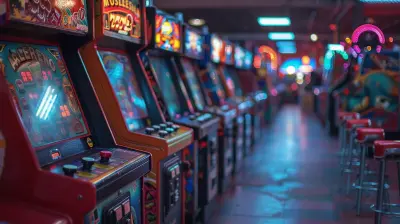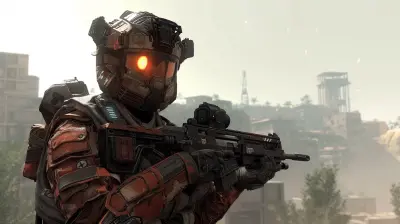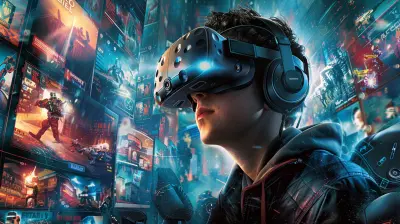Exploring the Social Side of Casual Gaming
18 September 2025
Casual gaming isn't just about killing time anymore. It's not just a quick puzzle while waiting for your coffee, or a match-three game before bed. Casual games have grown into a huge social playground where friendships are formed, rivalries are born, and people connect from all corners of the world. Today, we're diving into this fascinating shift — how casual gaming has evolved into a surprising hub for social interactions.
Let's explore why tapping into your favorite mobile game might mean more than escaping boredom — it might also mean staying connected.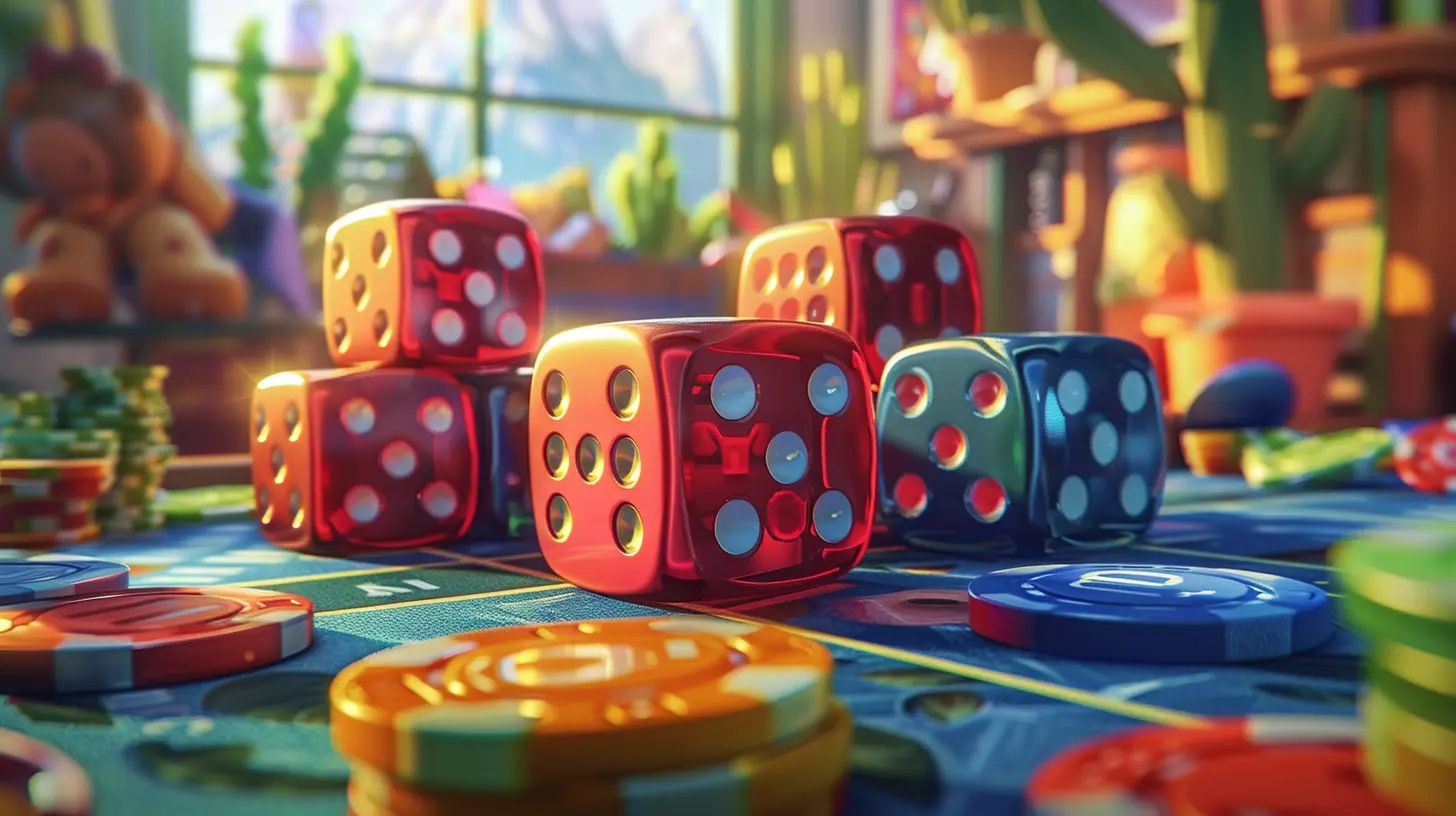
What is Casual Gaming, Anyway?
Okay, before we jump into the “social” part, let’s clear up what we mean by casual gaming.Casual games are those easy-to-pick-up games that usually don’t require intense commitment, deep storylines, or complicated controls. Think of games like:
- Candy Crush
- Among Us
- Wordle
- Roblox
- Clash of Clans
- Pokémon GO
These aren’t your 100-hour RPGs or hardcore first-person shooters. They’re usually mobile-friendly, super accessible, and appeal to players of all ages. But here's the twist — even though they seem simple, these games are weaving people together in surprisingly complex social ways.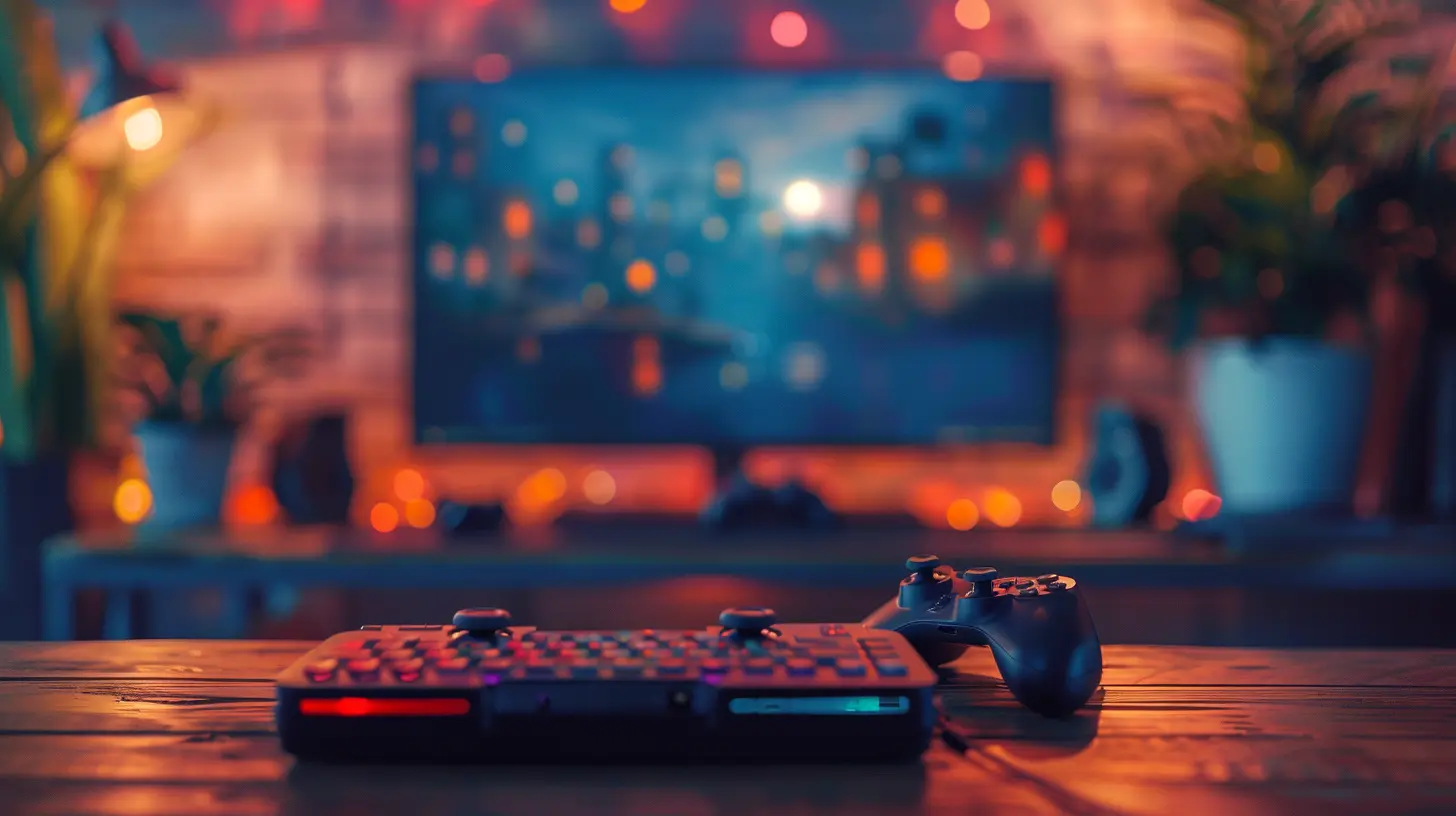
Casual Games as Modern Social Hubs
You might think of casual gaming as a solo activity — like vegging out alone with your favorite game. But, thanks to built-in features like chat, multiplayer modes, guilds, and Leaderboards, casual games are becoming unexpected social powerhouses.1. In-Game Chat and Messaging
Many casual games now have built-in chats. Whether it's chatting with your alliance in Clash Royale or messaging your crewmates (or impostors 😈) in Among Us, these features turn games into digital hang-out spots.They’re not just there for strategy, either. People share jokes, cheer each other on, or even vent about their day. It’s like a group text, but with dragons or jelly beans.
2. Multiplayer Modes Connect Strangers and Friends
Playing with friends is no longer limited to console gaming. Whether it's teaming up in Fortnite or joining a friend in Mario Kart Tour, casual games now encourage you to bring others into the experience.How cool is it that you can crush candies with your grandma or challenge a buddy halfway across the globe to a race? Suddenly, it’s not about winning — it’s about bonding.
3. Guilds, Clans, and Teams
Joining a guild or clan in a casual game can feel like being part of a club. You have shared goals, you help each other out, and you hang out regularly (virtually, of course).It's no wonder that long-lasting online friendships (and sometimes romantic relationships!) have sprouted from these teams. It's like joining a weekly trivia night… but you're lobbing spells or building empires instead of answering questions.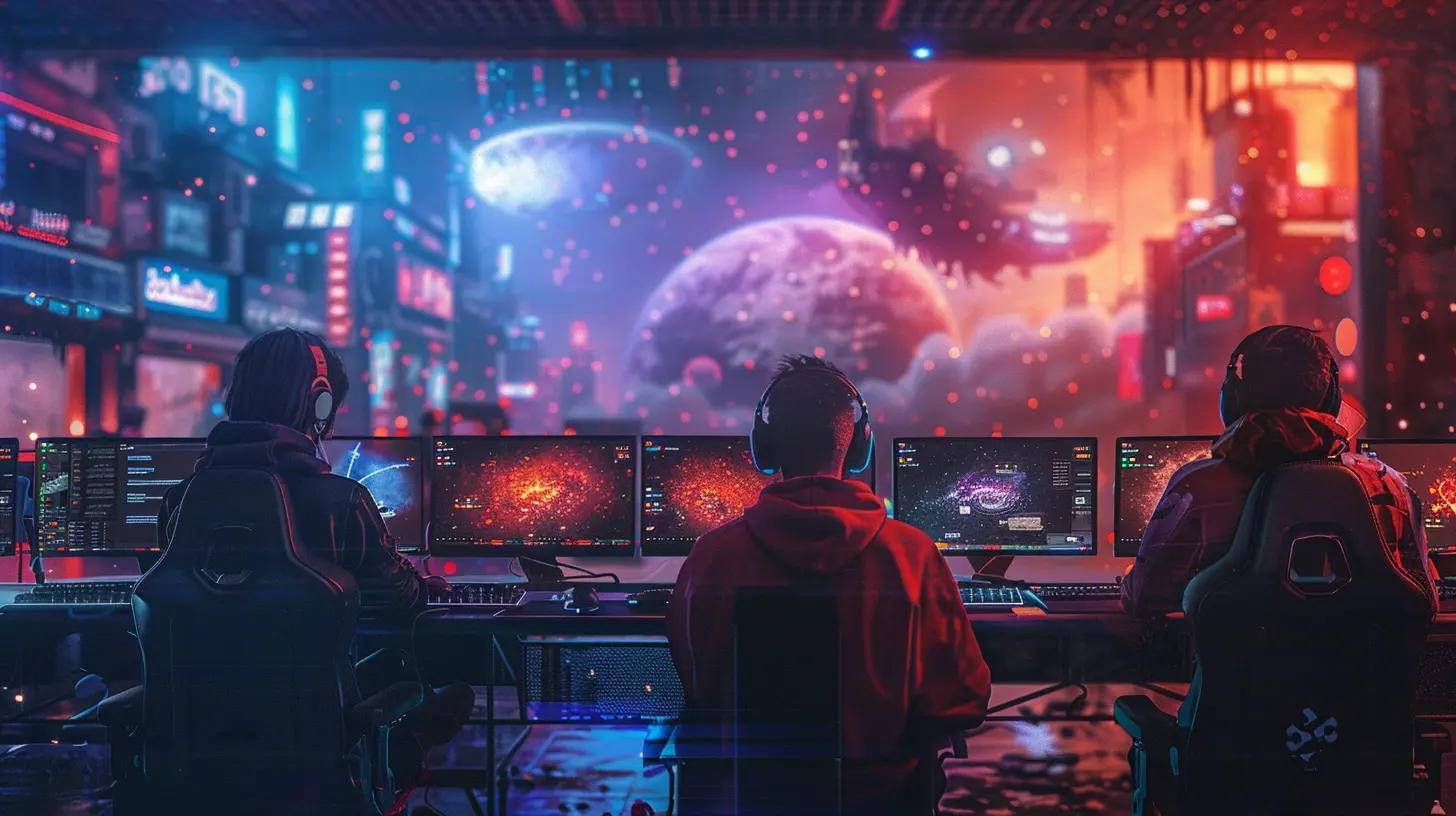
Why Casual Gaming Feels So Social
All right, so casual games are making space for people to interact. But what makes them feel so different from other forms of online socializing?Low Pressure, High Reward
There's no pressure to be a pro and no expectation to grind for hours. This relaxed vibe makes people feel comfortable joining in — even if they only play 15 minutes a day.That kind of low-stakes environment is perfect for chit-chat, forming friendships, or just goofing around with others. It’s like bumping into someone at a coffee shop and suddenly hitting it off.
Common Interests Without the Awkwardness
Ever tried making small talk with a stranger? Painful, right?But when you're gaming, you're doing something together. That shared task creates a natural way to start talking and keep things light. You already have something in common — you're both trying to catch that rare Pokémon or build the biggest base. The ice is already broken.
A Sense of Belonging (Yes, Really)
At first glance, a game might just look like a colorful puzzle or a time-waster. But the truth is, for many people, casual games are a source of community.Especially during tough times (like during lockdowns or periods of isolation), casual games gave people a safe space to check in, stay social, and feel like they were part of something. Even if it was just waiting for lives to refill together, those small interactions added up.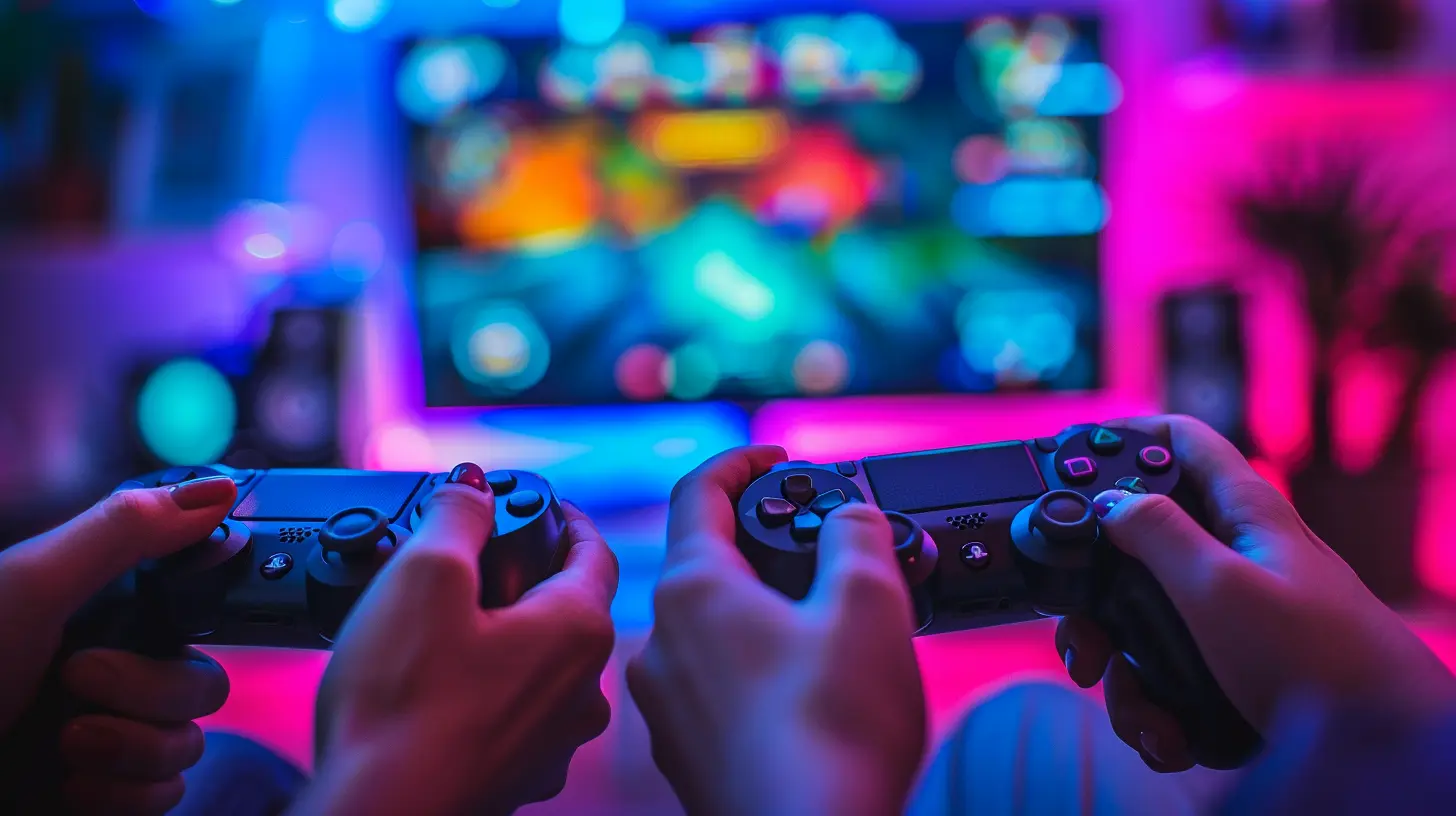
Real Players, Real Stories
Let’s talk real people. Casual gaming has had a bigger impact than most realize. Here are just a few examples:- Parents & Kids Bonding: Parents use games like Roblox and Minecraft to connect with their kids — not just watch them play, but actually join in.
- Global Friendships: A woman in Ohio meets someone from Japan while playing Pokémon GO, and they end up trading postcards every week.
- Senior Citizens Getting Social: Retirement homes are hosting weekly game tournaments using tablets. It’s been great for mental stimulation and making friends.
See what I mean? Casual gaming isn't just pressing buttons. It’s pressing connections.
The Rise of Gaming Communities Beyond the Game
Gaming doesn’t stop at the app. Many casual games have spawned communities on platforms like:- Reddit
- Discord
- Facebook Groups
- YouTube and TikTok
These online spaces allow players to share tips, celebrate wins, rant about losses, and — most importantly — interact. For many, these discussions are as much fun as the game itself.
Discord servers for casual games can include voice chats, memes, and even Zoom calls between players. Suddenly, something that started with “wanna join my team?” turns into a virtual friendship spanning different time zones.
Are Casual Games Replacing Social Media?
Here’s a spicy thought: Could casual games be the new social media?Think about it — instead of scrolling endlessly through selfies and memes, people are choosing to:
- Play games with friends
- Chat in real-time
- Join themed communities
- Celebrate wins together
Games combine entertainment with interaction. It's like social media, but funnier, friendlier, and more engaging. In many ways, casual games are doing what Facebook and Instagram used to do — bring people together — but with more color and less comparison.
How Game Developers Are Leaning Into Social
Let’s give credit where it's due — developers are catching on. They’re now designing casual games with built-in social features from the start.Here’s what they’re adding:
- Friend Lists & Invite Systems: Games now prompt you to invite your real-life pals — and even reward you for it!
- Events & Tournaments: Limited-time challenges get players hyped and talking.
- Cross-Platform Play: No more "You're on iOS? Too bad." Now, friends across devices can play together.
The result? Players stick around longer. And more importantly, they keep talking — to each other and about the game.
The Dark Side of Social Gaming (Because It’s Not All Rainbows)
Of course, it's not all friendship bracelets and virtual high-fives.Even casual games have their pitfalls:
- Toxic Players: Trash talkers and bad sports can ruin the vibe.
- Addictive Social Loops: Feeling pressure to log in daily because your team is counting on you? That can feel more like work than play.
- In-App Purchases: Sometimes, social features are locked behind paywalls, making it harder to enjoy if you're not spending money.
Just like in real life, not every social circle is healthy. It’s all about setting boundaries and remembering that it’s just a game.
Final Thoughts: It’s About More Than Just Games
The beauty of casual gaming today is that it's no longer just a personal escape — it's a shared one. We're not just playing games; we're laughing, connecting, and sometimes even healing.Who knew that flicking fruit on a screen or building pixelated houses could help us feel closer to one another?
So next time you open your favorite casual game, take a second to appreciate the names on your team list or the messages in the chat. Because behind those usernames? Real people. Real vibes. Real connections.
And hey — maybe that’s what gaming’s always been about.
all images in this post were generated using AI tools
Category:
Casual GamingAuthor:

Francesca West
Discussion
rate this article
1 comments
Zephyrae McGuffey
Thank you for highlighting the social aspects of casual gaming! It's heartwarming to see how these interactions can foster friendships and create supportive communities. Gaming has a unique ability to connect people from all walks of life. Your insights remind us of the joy and camaraderie it brings.
September 20, 2025 at 4:34 AM

Francesca West
Thank you for your thoughtful comment! I'm glad you found the insights on the social aspects of casual gaming meaningful. It's amazing how gaming can unite people and foster such strong connections!
